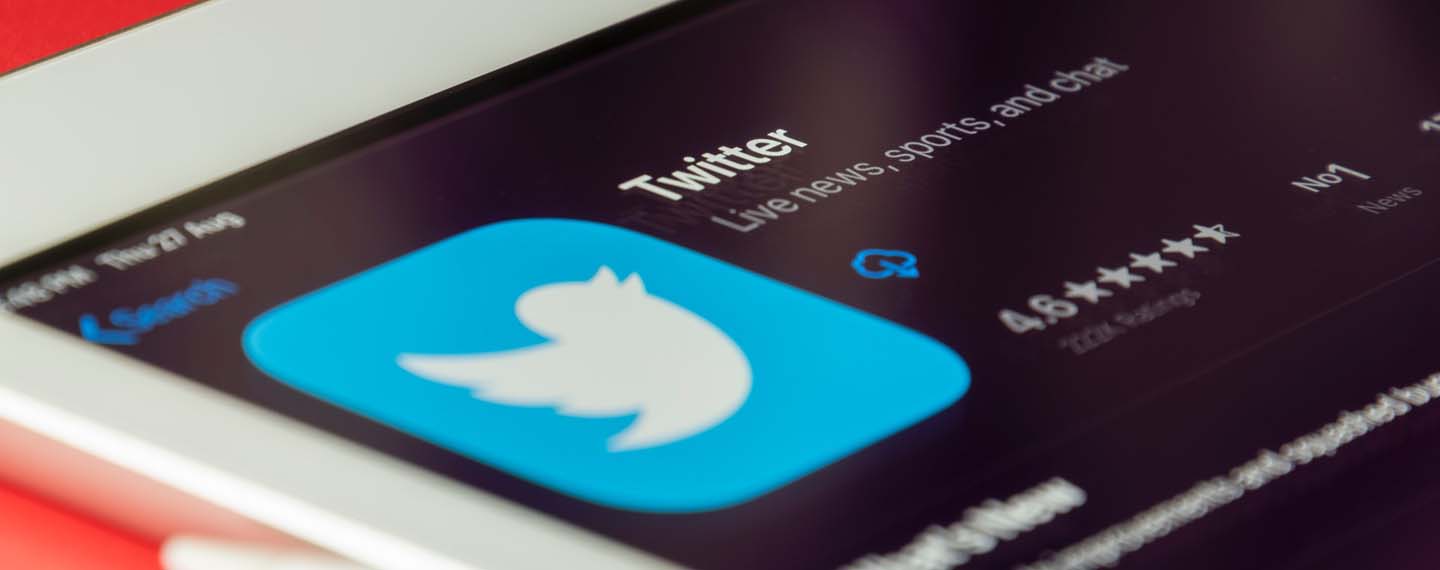If he manages to buy Twitter (price-tag: US$44 billion), which he describes as ‘the least bad public square, a forum for the exchange of ideas, nationally and internationally’, Elon Musk, the richest person in the world and a visionary entrepreneur, will establish himself as a major determiner of the censorship that the social network ends up imposing on this public space. Twitter, with 1.3 billion accounts (but only 330 million active users) in the world, far fewer than Facebook (2.9 billion) and Instagram (1.47 billion), is the favourite network of politicians, journalists and activists generally. Hence, with its direct and indirect influence, its importance. Hence Musk’s interest.
The entrepreneur, who believes that Twitter exhibits a left-wing bias, has announced that if he buys the platform –the success of the operation will depend in part on clarifying the number of fake accounts, which Twitter puts at only 5% but Musk suspects are much more numerous– would re-establish Donald Trump’s account, suspended owing to the violent events on Capitol Hill on 6 January 2021. The former President, who governed or at least communicated in large part by tweet, is suing the tech giants on the grounds of the First Amendment to the US Constitution (freedom of expression, which is normally applied more to the government than to private businesses). But he claims to have no intention of returning to Twitter, preferring the social network he himself has created, Truth Social, with others on the right. And in the Republican primaries he is displaying his influence by endorsing candidates running for Congress this November, although this is not as great as he himself believes. But the question that arose then and continues to arise now is, who should wield the censorship? Private companies, governments or judges? And who is going to regulate Elon Musk? Has he already grown too powerful in his activities (electric cars, rockets, among others) to be stopped?
This does not just concern social media. In Western Europe, owing to the invasion of Ukraine, broadcasts by Russia Today (RT) have been halted without any sort of judicial intervention. For its part, Russia has banned Facebook and other ‘western’ media. It is different in Belarus, where people can continue to access them. As can the government, which emits propaganda via paid-for advertisements on Google and YouTube, the latter being a main source of information for the public, sometimes with productions from outside the country. In other words, these large platforms –which fall outside the western sanctions– abet, to the benefit of their bottom lines, national and global disinformation. There is also a lack of transparency, given that they conceal the way their algorithms work.
Social networks are not normally viewed as news media, but these days they are essential for freedom of speech. The difference with a news outlet is that anyone can express themselves freely (with certain restrictions regarding unlawful behaviour), whereas citizens possess no right to be published in a newspaper, or television or radio channel. Each medium is sovereign (subject to the law). And the fact that a wealthy individual owns a news outlet has no necessary implication for the quality of that outlet. Jeff Bezos (Amazon) has revived The Washington Post. Sometimes, not infrequently, news media are freer under an owner than when they depend on their stock market value.
It may be that Musk, who declares himself to be a ‘free speech absolutist’, is right when he argues that ‘it was not correct to ban Donald Trump [from Twitter]. I do think that was a mistake because it alienated a large part of the country and did not ultimately result in Donald Trump not having a voice. He is now going to be on Truth Social as will a large part of the right in the United States. So I think this could end up being frankly worse than a single forum where everyone could debate’. One problem is that there is no genuine debate in the post-truth era, but rather echo chambers in which each individual follows, reads or listens to whoever they see as best fitting their preferences (as has always been the case with the news media, although more so now with digitalisation), which exacerbates polarisation. The current political polarisation and fragmentation in the US, and in Europe, cannot be explained without the impact of social media (and also certain television channels). It is explained very well by the social psychologist Jonathan Heidt when he writes about ‘after Babel’ in The Atlantic.
The social media companies do of course exercise censorship. Facebook, which also banned Trump (for two years), has an Oversight Board made up of very worthy people, but they do not constitute a court; their non-binding recommendations are usually full of common sense, albeit with limited impact. Since COVID-19 began, Facebook has deleted millions of posts with disinformation about the pandemic. But (limited) efficacy is one thing, legitimacy quite another.
The problem is that sometimes the harm caused by censorship is permanent, as Eric Berkowitz points out in his book Dangerous Ideas, a history of censorship in the West. Apart from the West, in the global South, as well as in autocratic regimes (such as China and Russia) there are also battles to control social media. Coups d’etat (as in Myanmar) provide a prime example. In India, supposedly a democracy, the Modi regime wants to control the content of social networks, which many citizens use to communicate. Likewise in Indonesia, another democracy, and in Nigeria, where last year the President banned Twitter after the network deleted one of his tweets.
Progress is being made on regulating this field in Europe. The Digital Services Act (DSA), which the EU has drafted for 2024, establishes oversight at the European level and clarifies the responsibility of the platforms amid the systemic risks that might arise; these particularly concern unlawful content and restrictions on fundamental rights, the manipulation of services that have an impact on democratic and other processes, including violence against women and the protection of minors. It requires more transparency around algorithms. In other words, the major platforms will have to act to provide better protection to their users. This is in addition to individual countries’ measures, for example Spain’s Cybercrime Agency. If he ends up buying Twitter, Musk too will have to submit himself to the DSA, at least in Europe, and no doubt beyond it, given the so-called ‘Brussels effect’.
Towards the end of 2021, the US state of Texas passed a law to regulate the moderation of content on social media; this prohibits more than 50 million users from being ‘censored’ for ‘expressing their opinions’ (except incitements to violence or illegal activities), something that significantly hinders such moderation, without becoming embroiled in complex and costly legal cases.
The Department of Homeland Security in the US has had for some months a Disinformation Governance Board, whose director, Nina Jancowicz, has been severely criticised by such right-wing news media as Fox News. It is part of the great battle for the control of information and disinformation. And seeking to enter this battle is the highly idiosyncratic individual that is Elon Musk. It requires a major debate in our democracies and beyond regarding who should wield control and censorship on social media, and how to regulate them.
Image: Twitter’s logo on a white iPad. Photo: Photo: Souvik Banerjee (@rswebsols).



